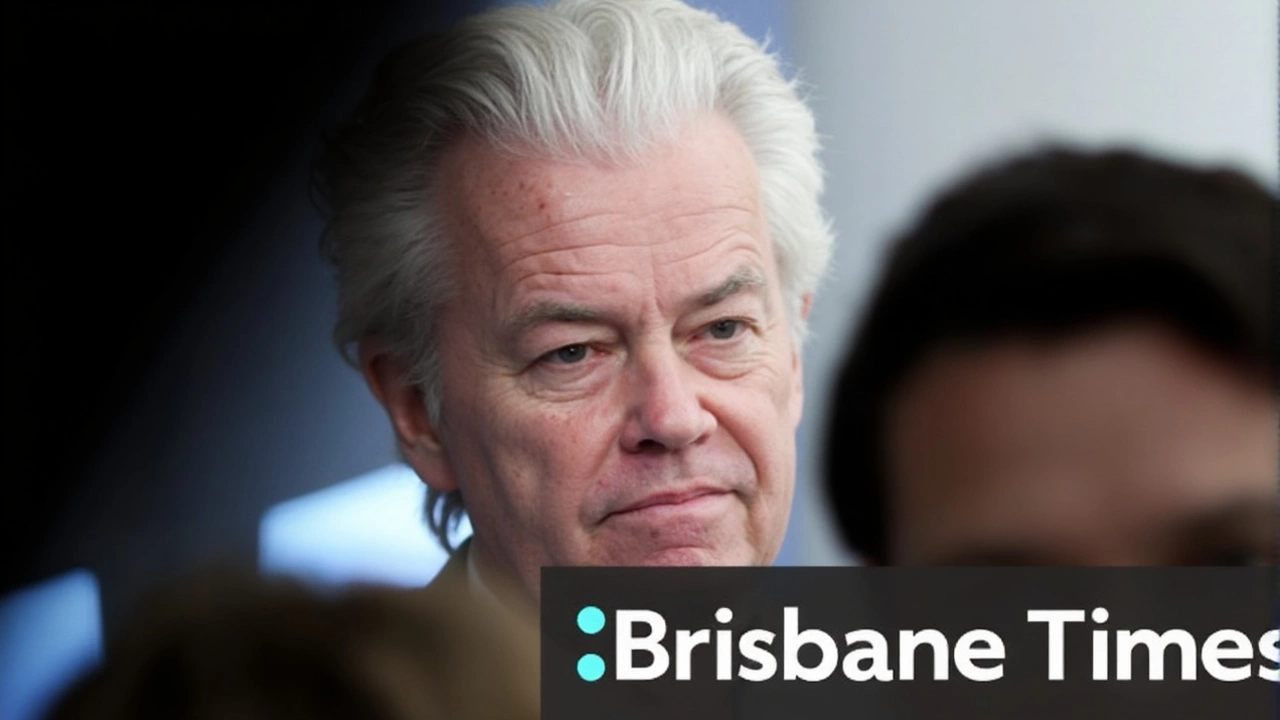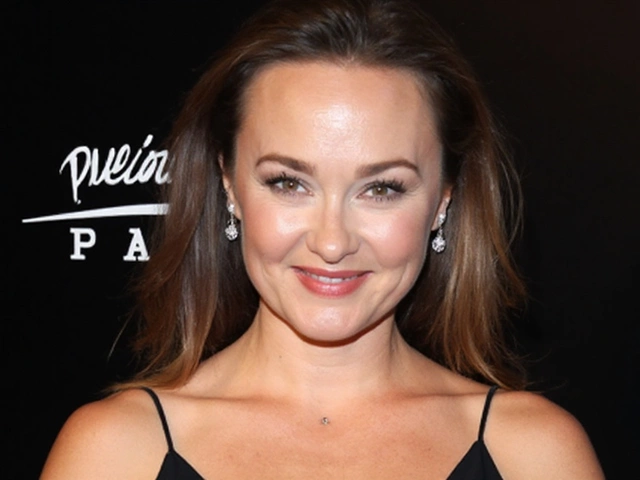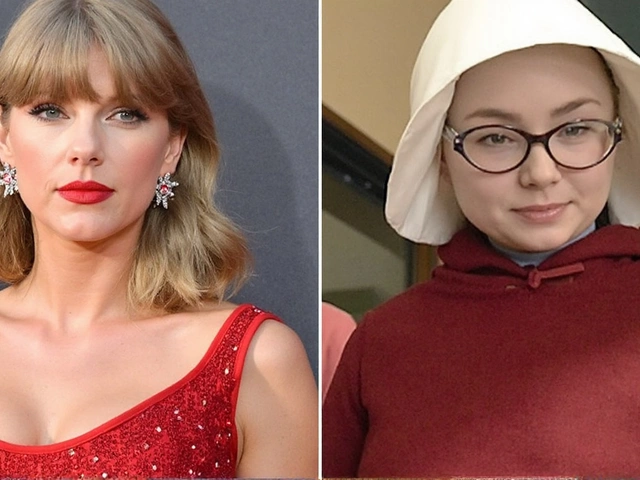Shockwaves in Dutch Politics: Coalition Collapses Over Asylum Deadlock
The Dutch political landscape just got a jolt. On June 3, 2025, Geert Wilders and his Party for Freedom (PVV) dramatically quit the ruling coalition, causing the government to collapse, and pushing the Netherlands into political limbo. This abrupt exit left Prime Minister Dick Schoof with a minority and forced him to offer the resignations of PVV ministers to King Willem-Alexander. Schoof is now stuck in a caretaker role, hardly the job anyone envies with chaos swirling around.
Wilders, whose 37-seat PVV emerged as the biggest block in the 2023 elections, was supposed to drive a hardline approach to immigration. But instead of cracking down rapidly on asylum, he accused fellow coalition partners of dragging their feet. In his criticism, Wilders didn’t mince words: he said he expected "the strictest asylum policy, not the nation’s downfall." The friction isn't new—migration has split Dutch coalitions for years—but this time, it became an unmovable logjam.
With just 51 seats left out of 150 in the House of Representatives, Schoof’s coalition stood no chance. The remaining parties could only watch as Wilders torpedoed their shared platform. The PVV’s shock win in 2023 shifted Dutch politics sharply right and spooked the country’s traditional parties. It also helped set the stage for more clashes on core issues like migration, integration, and national identity.
Election Delays, NATO Jitters, and European Ripples
The government implosion comes at the worst possible moment for the Netherlands. In just a few weeks, the country is set to host a pivotal NATO summit. With the government now just keeping the lights on, questions loom about the Netherlands’ ability to steer European security discussions and project stability at home and abroad.
The road to a new election looks muddy. Constitutional quirks and the sheer complexity of Dutch coalition-building mean the next vote probably won’t happen until at least October 2025. For now, day-to-day governance will grind on in caretaker mode, with big-ticket reforms, especially on migration, stuck in the deep freeze.
The Dutch experience isn’t isolated. The rise and fall of the Wilders coalition mirror broader European trends. In the past 18 months, far-right parties have notched up breakthroughs in German, French, Portuguese, and UK polls. Their campaigns often revolve around the same themes: tough migration restrictions, challenging EU norms, and calls for stronger national sovereignty. As Wilders has shown, winning is one thing—managing alliances in a fractured parliament is another story entirely.
Geert Wilders has been the lightning rod of Dutch politics since the 1990s, never shying from controversy. His polarizing views on Islam and immigration have drawn loyal support but made him a tough coalition partner. This latest breakdown exposes how hard it is for mainstream and far-right parties to share power, especially when trust crumbles over thorny issues like asylum and integration.
As the dust settles, Dutch voters are left with a familiar headache: a caretaker government, gridlocked policies, and no quick fix in sight. The struggle over asylum policy isn’t going anywhere—and neither, for now, is the uncertainty wracking one of Europe’s central democracies.





